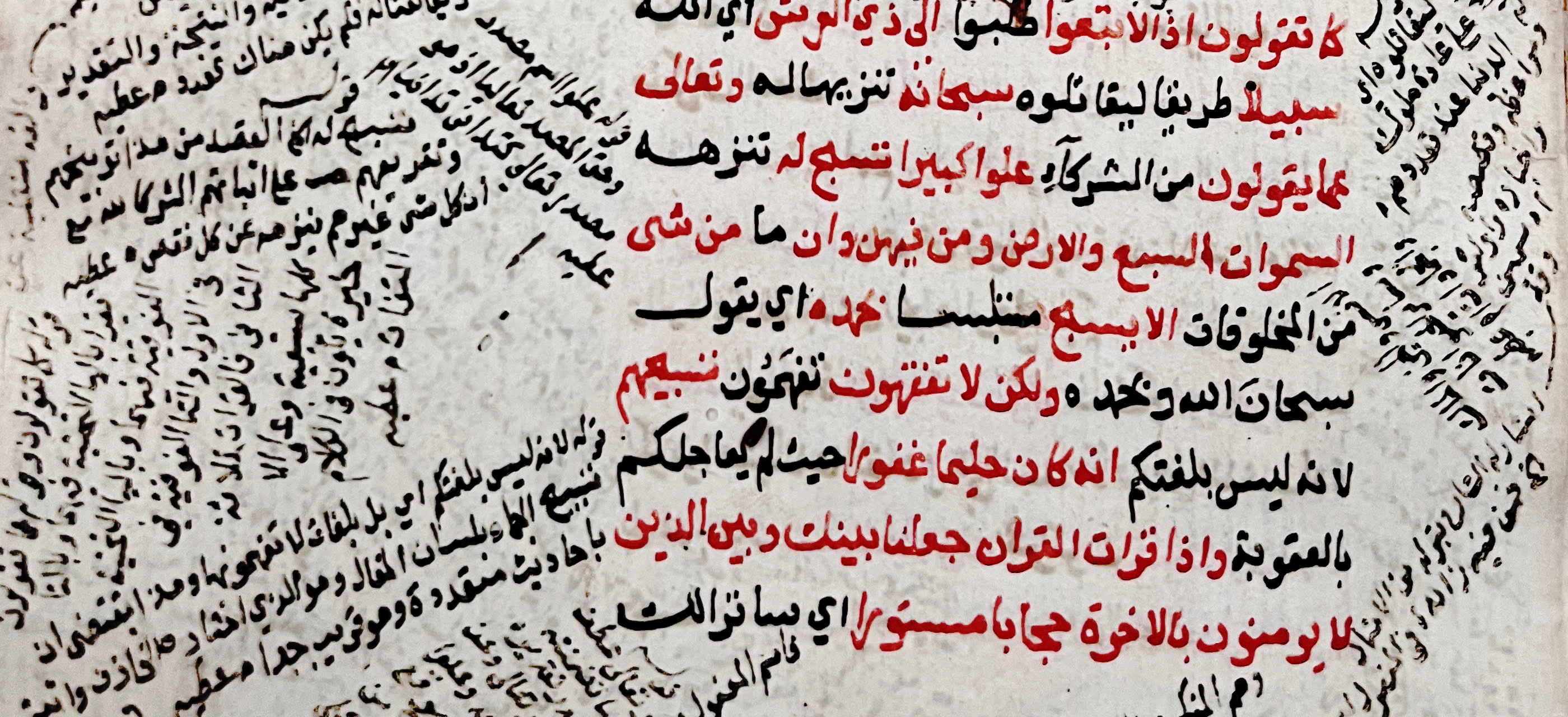Flogging, Banning, Lapidation: What Was the Punishment for Fornication and Adultery in Early Islam
Contenu
- Titre
- Flogging, Banning, Lapidation: What Was the Punishment for Fornication and Adultery in Early Islam
- Créateur
- Francesca, Ersilia Voir tous les contenus avec cette valeur
- Date
- 2022
- Dans
- Jerusalem Studies in Arabic and Islam Voir tous les contenus avec cette valeur
- Résumé
- In the Qurʾān, there are several references to zinā (meaning both fornication and adultery), which stress the social ills that follow from committing such a sin. The Qurʾān makes it clear that those found guilty of zinā, regardless of their marital status, will be liable to receive a punishment of one hundred lashes, whilst slaves, married or unmarried, should receive fifty lashes (Q. 24:2). Nonetheless, the complexities surrounding the issue of adultery, and in particular the issue of its punishment, gave rise to a heated debate in the early Islamic juristic circles, which coalesced into a number of traditions conveying a growing strictness with regard to the punishment for adultery, especially towards married adulterers. In this paper I offer an interpretation of the most significant among these narrations in the early sources. In particular, I provide an account of the issue from the perspective of the early Ibāḍī sources, which are often neglected in mainstream Islamic studies, in order to trace the Ibāḍī contribution to the early juristic debate on fornication and adultery. My hypothesis is that a focus on Ibāḍī sources, which have been proven to preserve some very ancient material, provides a stronger basis for the study of the early centuries of Islam.
- Langue
- eng
- volume
- 52
- pages
- 101-137
Francesca, Ersilia, “Flogging, Banning, Lapidation: What Was the Punishment for Fornication and Adultery in Early Islam”, 2022, bibliographie, consulté le 18 septembre 2024, https://ibadica.org/s/bibliographie/item/23140
Position : 31558 (1 vues)

